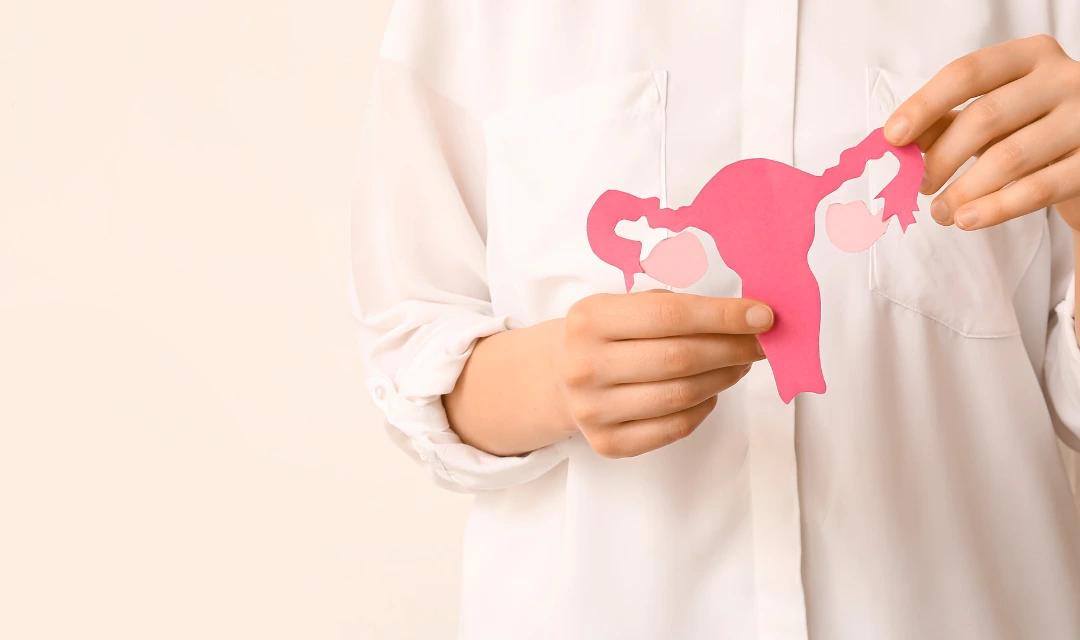Pregnancy Hormones – What’s Happening In Your Body?


Table of contents
By week 5, your pregnancy is officially underway, even if it doesn’t feel real yet. You might still be adjusting to the news. However, inside your body, everything is shifting quickly. And at the center of it all are hormones.
These chemical messengers are driving the early changes in your pregnancy. They help your body build the perfect environment for your baby to grow.
Human Chorionic Gonadotropin (hCG) Takes the Lead
This is the hormone that most people hear about first. hCG is the one that turns a pregnancy test positive. It begins rising right after the fertilized egg implants in the uterus, and by week 5, levels are climbing fast.
hCG tells your ovaries to stop releasing eggs and supports the early pregnancy until the placenta forms. It also keeps progesterone levels high and may be partly responsible for common symptoms like nausea and frequent urination.
Every woman’s hCG level is different, and how it rises can vary. What matters is that it continues to increase steadily, which your provider may track through early blood tests if needed.
Progesterone Keeps Things Stable
Progesterone plays a major role in supporting the lining of your uterus. It helps thicken and maintain that lining so the embryo can stay securely implanted.
It also relaxes the muscles of your uterus, which reduces the risk of early contractions. That same relaxing effect can also slow your digestion, which may cause bloating or constipation. Some women also feel more tired because of progesterone’s calming impact on the nervous system.
By week 5, your body is producing more progesterone than usual, either from the ovary (specifically the corpus luteum) or from early activity in the developing placenta.
Estrogen Ramps Up
Estrogen works closely with progesterone. It increases the blood flow to your uterus, helps develop the placenta, and supports breast growth. It also plays a role in regulating other hormones, making it one of the most active players in early pregnancy.
At week 5, rising estrogen may cause mood swings or headaches in some women. It’s also responsible for changes in your sense of smell or taste, which can make certain foods suddenly appealing—or totally repulsive.
Other Hormones Begin to Join In
As your pregnancy progresses, more hormones come into play. Relaxin starts to increase to help loosen ligaments for future birth. Your thyroid may become more active to support your metabolism. Even insulin and cortisol may shift slightly to help your body adapt.
Although these changes are necessary, they don’t always feel comfortable. Fatigue, bloating, breast tenderness, or emotional ups and downs are all linked to hormonal activity.
Why These Changes Matter Right Now
At week 5, you might not have a visible bump, but the groundwork is being laid for the weeks ahead. Your body is adjusting its chemistry to support a pregnancy.
Hormones are working behind the scenes to build the placenta, keep the uterine lining strong, and prevent your immune system from rejecting the embryo. Even if you feel unwell or unusually emotional, it’s a sign your body is doing exactly what it needs to do.